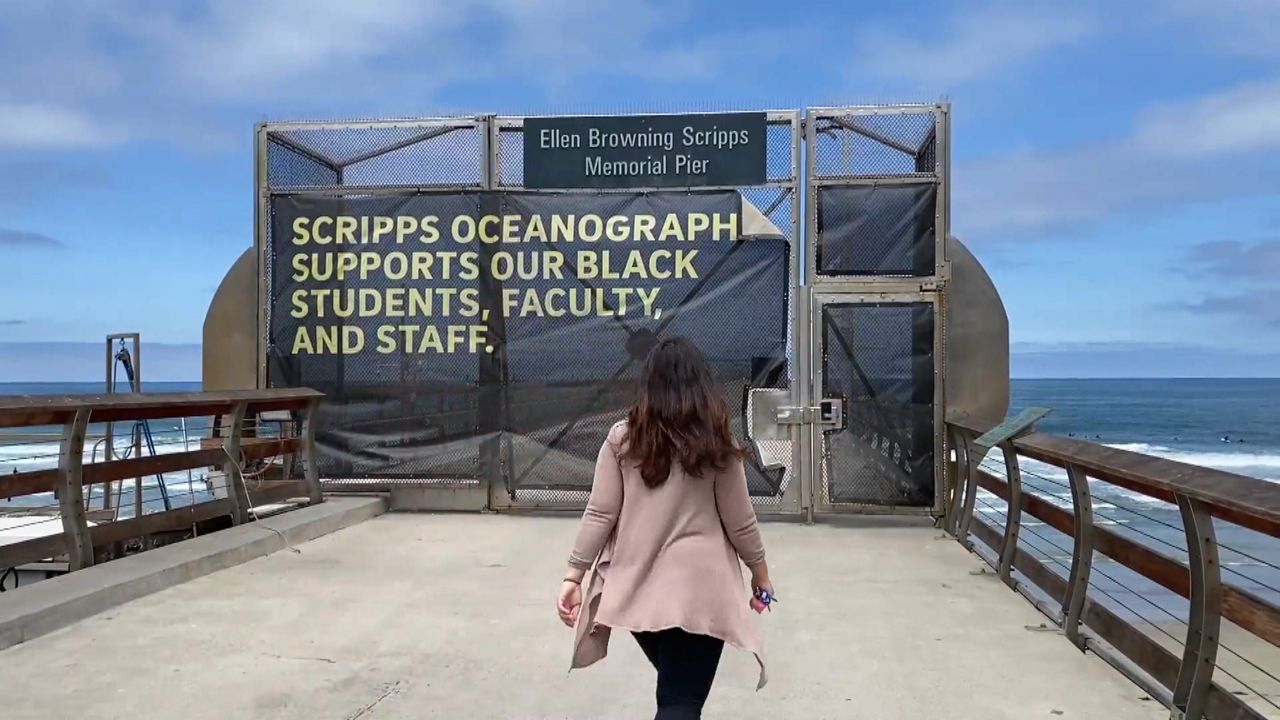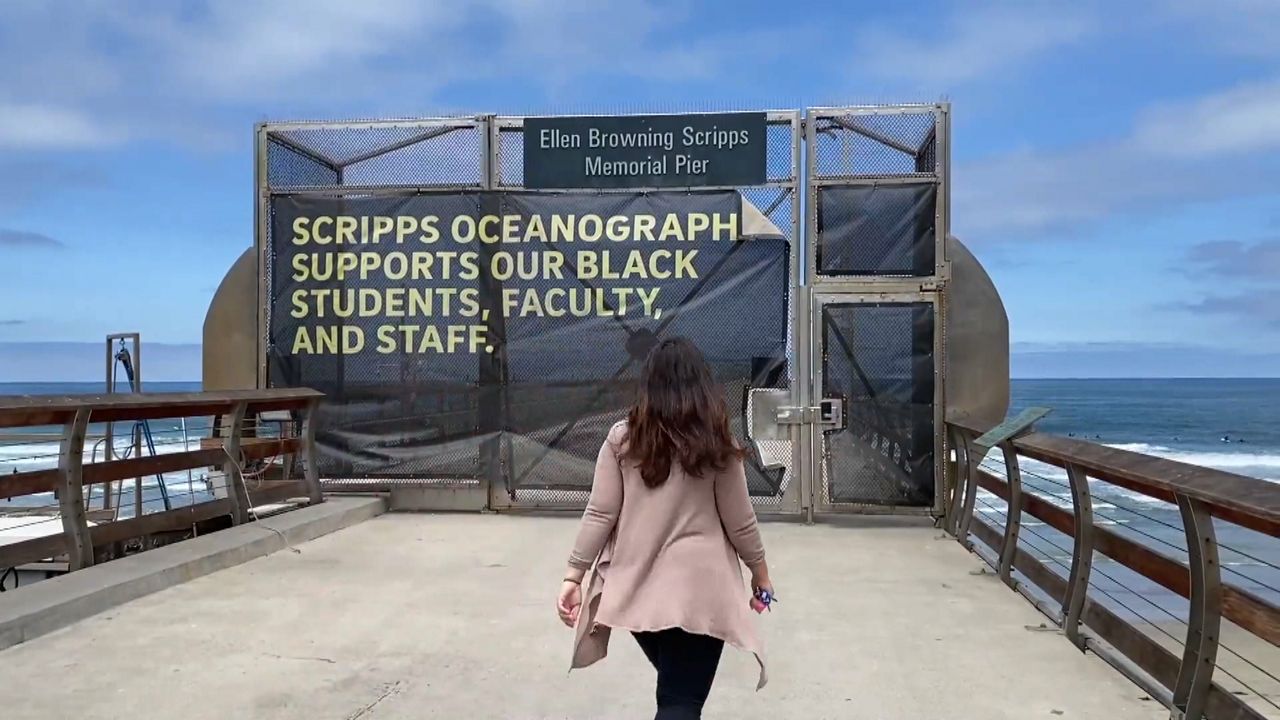#scuba New program promotes diversity in diving – Spectrum News 1
[ad_1] SAN DIEGO — Every time she cleans her scuba gear, Erica Ferrer remembers how hard she fought to become a scientific diver. “It was really difficult at times,” Ferrer said. “There were moments I thought I might not make it.” Ferrer said the path to scientific diver status is long, expensive and marked by
[ad_1]
SAN DIEGO — Every time she cleans her scuba gear, Erica Ferrer remembers how hard she fought to become a scientific diver.
“It was really difficult at times,” Ferrer said. “There were moments I thought I might not make it.”
Ferrer said the path to scientific diver status is long, expensive and marked by a history of unequal access to opportunities.
She helped launch a new program at Scripps Institution of Oceanography at UC San Diego that’s working to break down some of these barriers.
The DIVERsity Fellowship Program aims to make the diving community a more inclusive space, supporting a small cohort of diverse students by giving them access to gear, diver training, and even swimming lessons for students who don’t have experience in the water.
The program concept emerged several years ago following conversations between Ferrer, a Scripps doctoral candidate, and then-doctoral candidate Alyssa Griffin. The two had shared the financial, physical and emotional challenges they had experienced while completing their respective dive programs and the successes that followed their certifications.
Ferrer said it took her about a year to learn how to dive and get her scientific diving certification; she had to take on debt in order to pay for her training, but thankfully the risk paid off.
“It was rather instantaneous how many doors opened,” she said. “One experience that I’ll probably never forget was getting invited to join a graduate mentor’s field expedition to Italy. And that certainly would not have happened if I did not have my scientific diver certification.”
“Diving really opened a whole world of possibilities in terms of the questions that I could address and the processes that I could observe,” Griffin said. “It really just allowed me to broaden my science and my ability to conduct science.”
Keiara Auzenne helped develop the program as the Scripps director of diversity initiatives.
She says many studies show geosciences is one of the least diverse fields and divers of color are few and far between.
“People of color go into the water, and not only do we surf, we fish, but we also are scuba diving,” Auzenne said. “And we’re doing it for a scientific purpose that is contributing to addressing the problems related to climate change that are affecting our communities of color.”
Auzenne believes the scientific community needs to not only work with communities of color but actively recruit them.
“We need to really think differently,” she said. “And have all of the best and brightest minds at the table when it comes to addressing climate change and identifying culturally relevant, long-term, sustainable solutions.”
Ferrer and Griffin identified cost as one of the biggest hurdles for would-be scientific divers. In addition to the actual dive classes, certification requires expensive dive equipment, medical exams, and more, costing several thousands of dollars. Course prerequisites provide another barrier, as previous experience with scuba diving and advanced swimming proficiency are often required — further impacting marginalized groups who have been systematically denied access to the water.
“It really is this give-back and this connection to community that’s important not only for the current students in the program but for our ability to recruit, retain and engage with future scientists of color and underrepresented groups and their efforts to address climate change,” Auzenne said.
Ferrer will be a mentor to this year’s cohort, helping new students navigate classes and offering mental, emotional and professional support.
“Learning to become a scientific diver was not only very good for my career, but a real joy,” Ferrer said. “And I’m just so excited for future generations of students to share in that joy, pass it on to others, and get the jobs that they’re looking for.”
Several other programs that support diversity in diving are already underway, including The Diversity Project at UCLA.
Adblock test (Why?)
[ad_2]
Source link








Comments